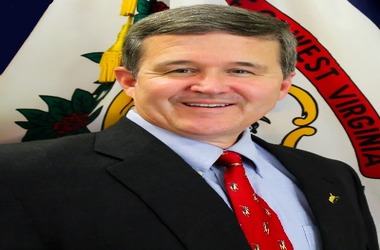
“This is a first-in-the-nation project that allowed uniformed services members and overseas citizens to use a mobile application to cast a ballot secured by blockchain technology.”
Voting for the general elections on the board began in September, when non-attendant balloting opened in West Virginia. The first test of the latest board happened amid the state’s essential elections in April. Blockchain-based votes were at that point limited to a select bunch of voters such as employed military individuals and other citizens qualified to vote non-attendant according to the Uniformed and Overseas Citizens Absentee Voting Act (UOCAVA) and their life partners and dependents.
The Voatz framework was at first created to address the issue of small voter involvement among delegates of the military. According to Symantec — the firm behind the Voatz framework — as it were 368,516, or 18% of the 2 million service individuals and their families serving abroad gotten polls in 2016. After checking dismissals and late votes, only 11% of said votes were numbered.
Whereas Warner cited the project’s victory, his deputy chief of staff Michael Queen told the Washington Post that they have no plans for extending the program past military staff serving abroad:
“Secretary Warner has never and will never advocate that this is a solution for mainstream voting.”
According to information from the United States Elections Venture, West Virginia positions 44th of 50 states in voter interest at 42.6%. Some specialists have communicated concern over the security of mobile voting. Joseph Lorenzo Lobby, the Chief Technologist at the Center for Democracy and Innovation, claimed:
“Mobile voting is a horrific idea. It’s Internet voting on people’s horribly secured devices, over our horrible networks, to servers that are very difficult to secure without a physical paper record of the vote.”
Alternately, Bradley Tusk of Tusk Montgomery Philanthropies has applauded mobile voting, expressing that it can draw more voters, and as a result, “democracy would work a parcel better.” Tusk Montgomery Philanthropies helped support the Voatz app’s development.